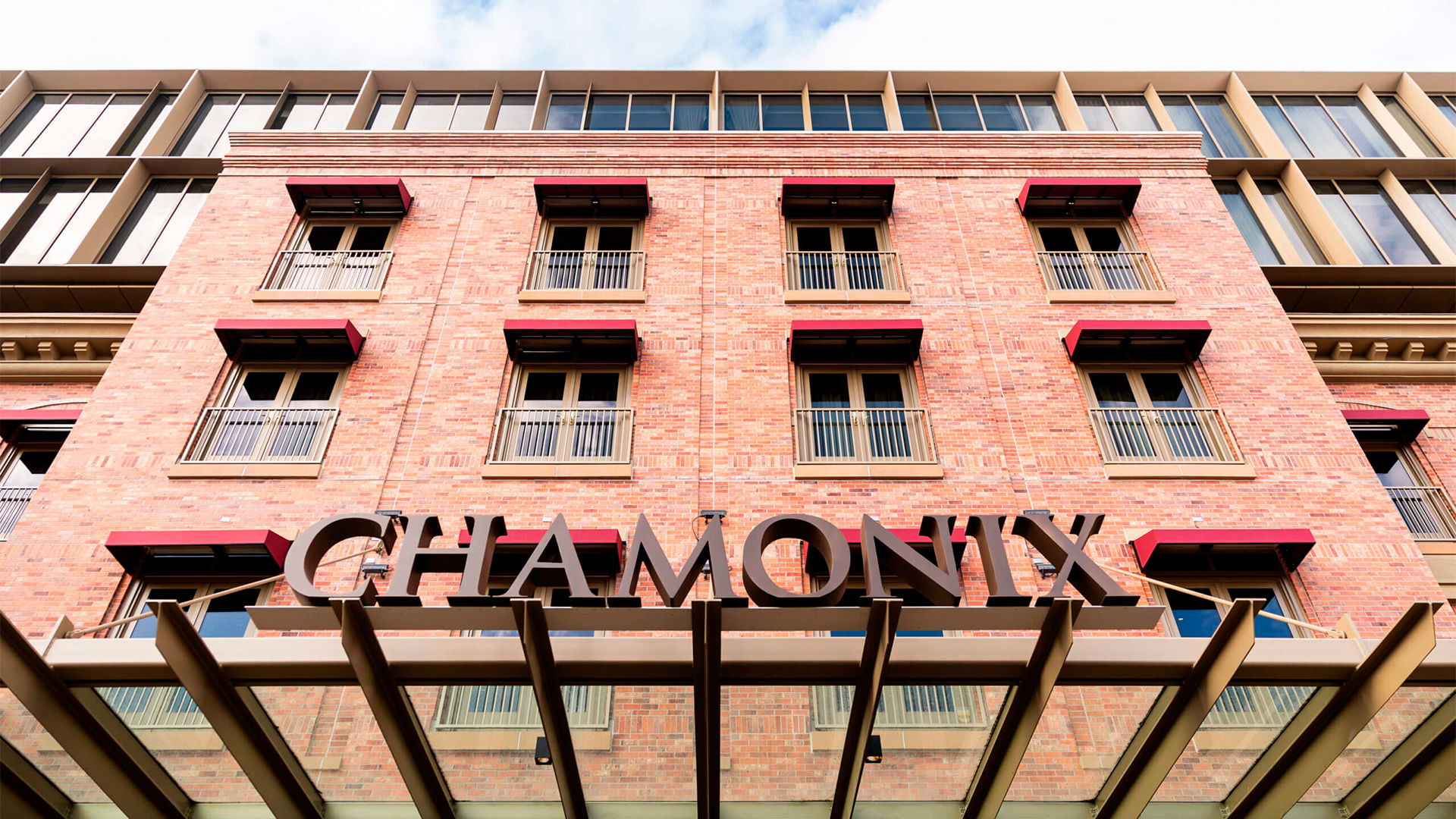Brazil mulls heavier tax burden on betting sites to offset contested IOF hike

The Brazilian government is considering increasing tax collections from the country’s online betting industry to offset the anticipated revenue from a contested hike in the Tax on Financial Transactions (IOF), which is under pressure from both Congress and the private sector.
According to internal estimates from the Ministry of Finance, the federal government would need to collect approximately 77% of the current monthly revenue generated by regulated betting platforms, roughly R$1.67 billion (US$291 million), to meet the R$20 billion (US$3.5 billion) target originally expected from the IOF increase.
This projection is based on the current monthly average declared by betting operators, which sits at R$2.16 billion (US$380 million).
That revenue figure aligns with Central Bank data indicating that Brazilians wager around R$30 billion (US$5.25 billion) each month. Typically, only about 7% of that amount remains with betting companies, while the rest is returned to users as winnings. At present, licensed betting operators already pay 42% of their revenue in taxes and fees.
Industry organizations have pushed back against the proposed fiscal shift. “Taxing ‘Bets’ to compensate for the IOF is an economically unsound measure,” the National Association of Games and Lotteries (ANJL) said in a press release. The group supports the current structure, which it describes as efficient and socially beneficial.
Last week, National Confederation of Industry (CNI) President Ricardo Alban publicly suggested that betting platforms and large technology firms should bear a larger share of the tax burden, rather than increasing costs for the productive sector. However, the CNI did not offer a specific framework for implementing such a measure.
Under Brazil’s online betting regulations, digital wagers are currently subject to a 15% income tax on winnings, compared to 30% for traditional lottery prizes such as the Mega-Sena. A proposed exemption for prizes under R$2,112 (US$369) was vetoed by President Luiz Inácio Lula da Silva.
In addition to standard corporate and service-sector taxes, such as ISS, PIS, Cofins, and corporate income tax, operators are required to pay a monthly regulatory fee and contribute 12% of their gross revenue to the National Treasury. These funds are earmarked for a range of public purposes, including allocations to the Ministries of Health, Education, and Tourism.
Between February and May, betting companies transferred an average of R$259 million (US$46 million) per month to the Treasury to fulfill these obligations. The Ministry of Tourism received the largest share, ranging from R$41 million (US$7.15 million) in February to R$75 million (US$13 million) in May, reflecting a steady growth in sector revenues.
Regulatory fee collections have also risen, from R$6.78 million (US$1.2 million) in February to R$9.36 million (US$1.65 million) in April. Since the oversight fee is a fixed amount per licensed operator, the increase points to both growing earnings and a larger number of licensed platforms entering the Brazilian market.
The Brazilian Institute for Responsible Gaming (IBJR) cautioned that licensed operators already face high taxation and warned that imposing additional taxes could unintentionally benefit illegal operators. According to industry estimates, unauthorized betting platforms attract more than half of all wagers in Brazil, representing about R$30 billion annually in untaxed and unregulated activity.
















